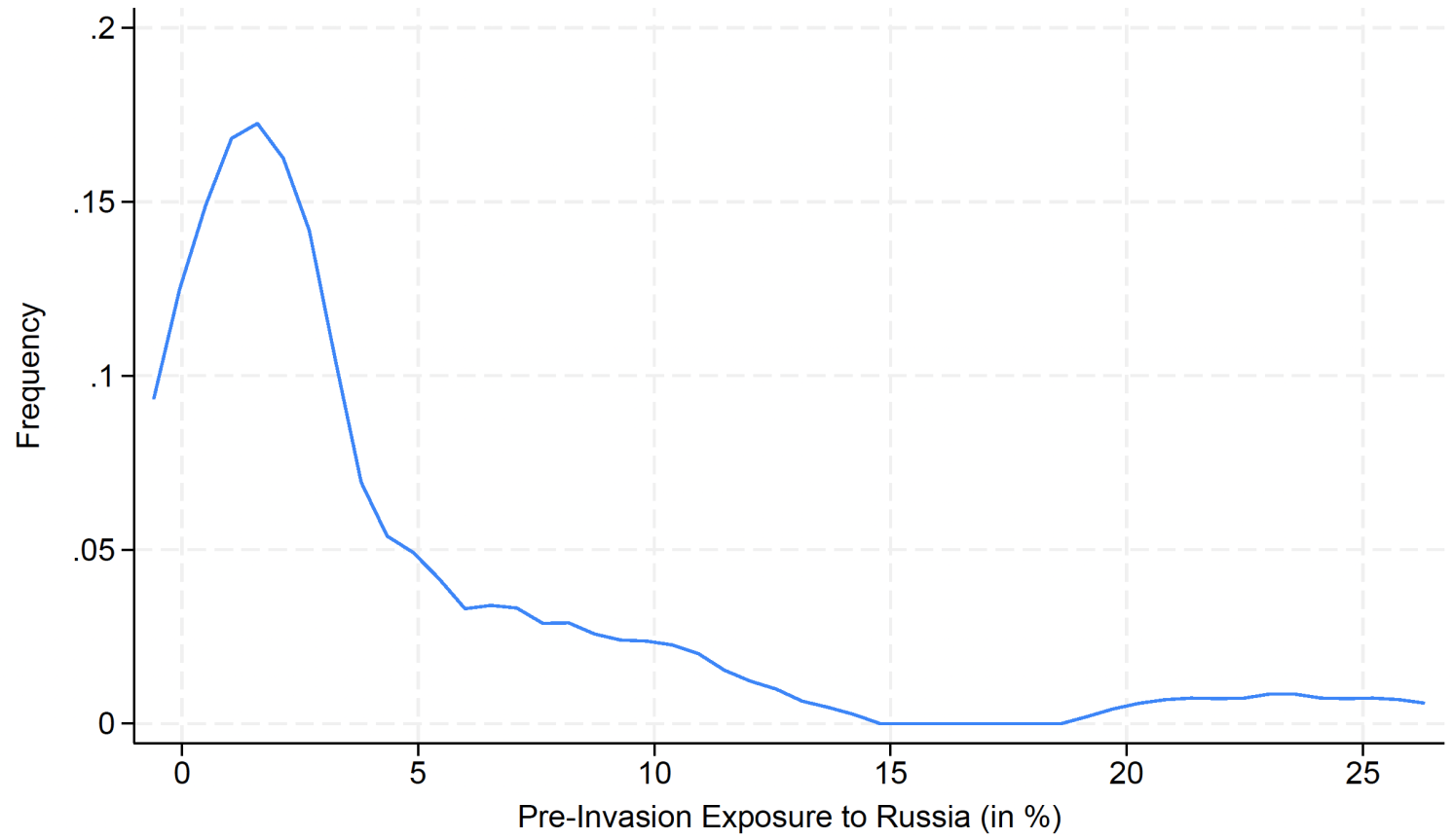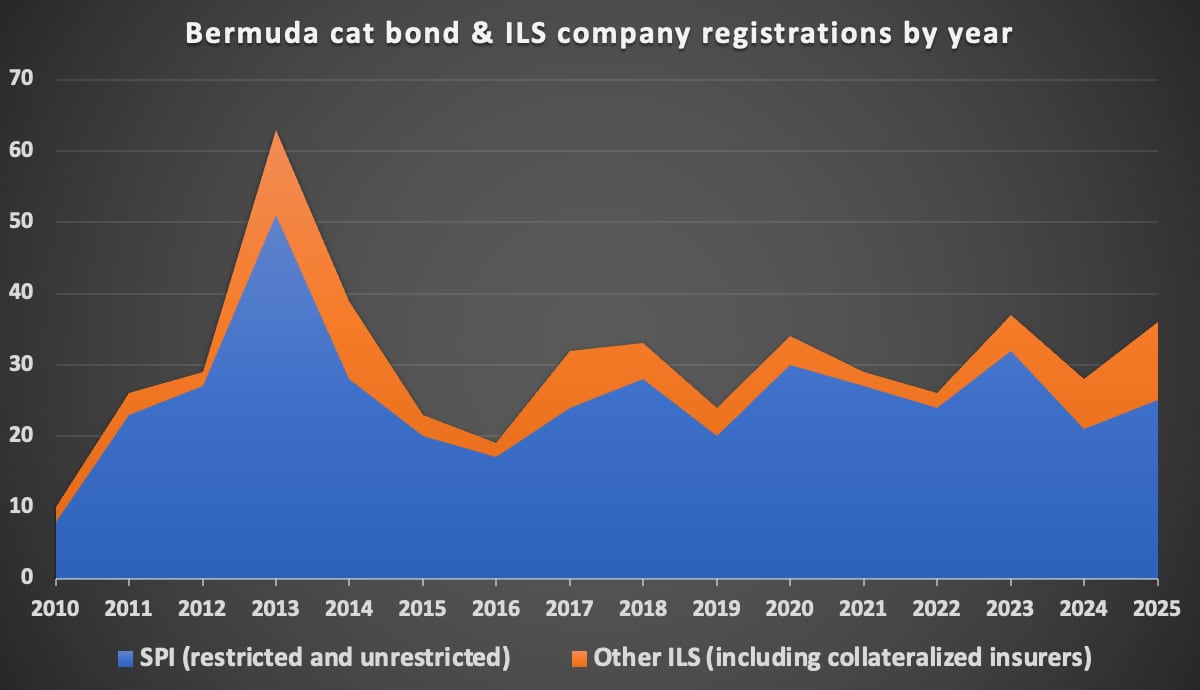By Conor Gallagher
Following the explosion in Istanbul on Nov. 13 that killed six people and wounded more than 80, the relationship between the US and its NATO partner Türkiye reached a new low – to the point Turkish strikes are now hitting American positions in Syria.
Turkish Interior Minister Suleiman Soylu said the US and the Kurdistan Workers’ Party (PKK) were behind the attack, rejected a condolence statement, and declared the PKK an arm of the CIA. The PKK and its Syrian wing, the Kurdish People’s Protection Units (YPG), has denied involvement.
Soylu said that the order for the Istanbul attack originated in the northeastern Syrian town of Manbij, where there is a US military presence.
Whether Ankara think the US helped plan the attack or is implicated because of their use of the PKK as a proxy force is really a moot point. It’s a pretty loud statement from Ankara that they’ve had enough.
For the past week, Türkiye has launched airstrikes on Kurdish positions in Iraq and Syria with some coming close to hitting US forces. Some of the Kurdish military targets are also occupied by American soldiers.
Türkiye has talked of a ground offensive, but it remains to be seen if Erdogan goes through with it.
The US DOD issued a strong statement saying that Türkiye’s actions are a distraction from the never-ending mission to defeat ISIS. (It makes no mention of reports that the US is transferring ISIS militants to places like Ukraine to fight Russia and Afghanistan to stir up trouble in central Asia.) US State Department spokespeople have also said with straight faces that the US “opposes any military action that destabilizes the situation in Syria.”
Regardless, recent reports indicate that the US is evacuating all “civilian staff” to Erbil, the capital of the Kurdistan Region of Iraq. From Al Monitor:
In the past when Türkiye threatened to attack, coalition troops would make a show of force, flying large US flags on their vehicles as they drove through the imperiled towns. There have been no such displays this time.
The spokesperson did not respond to Al-Monitor’s query as to whether the United States was mediating between Türkiye and the SDF to prevent a Turkish ground offensive, saying the United States did not comment on private diplomatic conversations. Well-informed sources briefing Al-Monitor said Türkiye was spurning all mediation efforts and is on the warpath.
While it looks like the Americans helped stir up trouble and then (partially) hit the road, it is ironically Russia (and Iran, which also has reservations) that is primarily holding Türkiye back from its invasion. Türkiye has reportedly given Moscow “more time” to broker an agreement that would see Kurdish forces cede territory from which they launch attacks on Türkiye. Rather than have Turkiye invade and create a “buffer zone” Russia is trying to get the YPG to hand over control of that territory to Damascus, which would also forward Moscow’s goal of an Assad-Erdogan reconciliation. Erdogan has recently said he is open to the possibility.
Russia’s RIA Novosti news agency is also reporting that the US-sponsored Syrian Democratic Forces (SDF), have asked Russian officials for help in reaching a security agreement with the government of President Bashar al-Assad. The Cradle reports:
Moscow has asked the SDF during recent talks to return control of Ain al-Arab, Manbij, and Tal Rifaat in Aleppo governorate to Damascus in order to defuse the crisis with Türkiye.
Previously, the SDF leader said he counted on Washington’s “moral duty” to prevent the Turkish ground offensive. Reports allege that divisions remain within the Kurdish militia concerning whether to ally with the Assad government, or wait for the US to protect them.
Turkish media is also reporting that PKK fighters received a huge shipment of weaponry from the US on Tuesday. Again from the Cradle:
“The United States sent 120 vehicles and armored vehicles, weapons, ammunition, and logistics to the [PKK]. The convoy passed through the Al-Waleed border crossing on the Syrian-Iraqi border and headed for the Tal-Baidar base south of Hasakah,” Yeni Safak reported early on 29 November.
The SDF is asking for more support from Washington. According to Reuters, the head of the SDF is demanding a “stronger” message from the US.
While the US wants to keep its presence in Syria to continue smuggling out oil and as a base to train and arm its proxy fighters, by using the Kurds to destabilize the region Washington has come dangerously close to aligning Türkiye, Syria, Iraq, and Iran against the American presence.
Should Erdogan go through with the invasion, it would create some of the worst hostilities in northeastern Syria in years. Despite the US’ constant harassment of Türkiye for pursuing autonomous policies, he wants to maintain Türkiye’s position as a bridge between east and west during this new Cold War.
Even if Washington and Ankara can find a way to defuse tensions over the Kurdish issue, expect the rocky relationship to continue.
The problem is that Washington refuses to accept that Türkiye – a crucial NATO member no less – refuses to accept American hegemony and follow orders like the Europeans. Additionally, the US has been outdone by RUssia, which has built a stronger, more trustworthy relationship with Türkiye.
US efforts to use the Kurds to pressure Türkiye are just the latest in series of attempts to use the proverbial stick against Ankara. None are working and are instead driving Türkiye closer to Russia, which instead of threats, offers Türkiye something return.
Consider the following contrast of Russian carrots with US sticks:
- Türkiye began looking to purchase a missile defense system during the Gulf War in the early 1990s. Ankara asked NATO multiple times to deploy early warning systems and Patriot missiles to Türkiye, but it never came to pass. In 2017 Russia sold Türkiye its S-400 missile defense systems, which are arguably superior to anything the West has. In response the US expelled Türkiye from its F-35 program and sanctioned the country’s defense industry organization and its leaders.
- US proxy forces in Ukraine have reportedly tried to sabotage pipelines between Russia and Türkiye three times in recent months. Türkiye receives more than one-third of its gas needs from Russia, and Putin has pushed plans to make Türkiye a natural gas hub for Europe.
- The US Treasury Department threatened secondary sanctions on Turkish financial institutions for processing the Russian Mir payment system forcing them to abandon it. Russian tourism to Türkiye is through the roof, giving a much-needed boost to the Turkish economy. Ugur Gurses, a former Turkish central banker, believes the Russians are using a nuclear power plant they’re constructing in Türkiye to transfer funds by purchasing Turkish bonds instead of direct bank transfers in a boost to Türkiye’s foreign reserves.
- The US abandoned its neutral stance on Türkiye’s relationship with both Greece and Cyprus. Washington is ramping up military aid to Greece, turning a port near the Turkish border into a naval base, and sending weaponry to Cyprus after ending a decades-old ban on arms sales. Turkish drones recorded Greece deploying US-donated armored vehicles on the islands of Lesbos and Samos, which is in violation of international law.
- And finally, while Russia has repeatedly warned the Kurds about becoming a US proxy force, Washington has worked to play the PKK and YPG off against Türkiye. The US and Europe have supported Kurdish forces against Türkiye’s wishes and then they appeared caught off guard when Erdogan wouldn’t rubber stamp Sweden and Finland’s bids to join NATO, which requires unanimous approval from all 30 members.
On the last point, Sweden is now bending over backwards trying to get Türkiye to approve its bid. It’s gotten to the point the new government in Stockholm is being ridiculed at home. Ankara has indicated that no decision will be made before next year’s elections in Türkiye, currently set for June.
Erdogan is facing one of his most difficult elections ever as the Turkish economy struggles with inflation that climbed to a 24-year high of more than 85 percent in October.
US pressure on Türkiye is likely to continue in coming months in an effort to replace Erdogan with someone who is hopefully more willing to toe the NATO line. There’s also a good chance that Russia will step up its support of Erdogan in an effort to ensure his reelection.
The US and NATO seem to be preparing for Erdogan’s departure prematurely. AT the G20 summit in Bali, Biden convened an emergency meeting after the news of a missile striking Poland. Nikkei Asia noticed how all NATO and EU leaders in Bali were at the meeting – except Erdogan. Asked about it later, Erdogan told reporters:
They might have not had the chance to call us. They are inviting us to important dealings. No need to go to not-important ones.


































